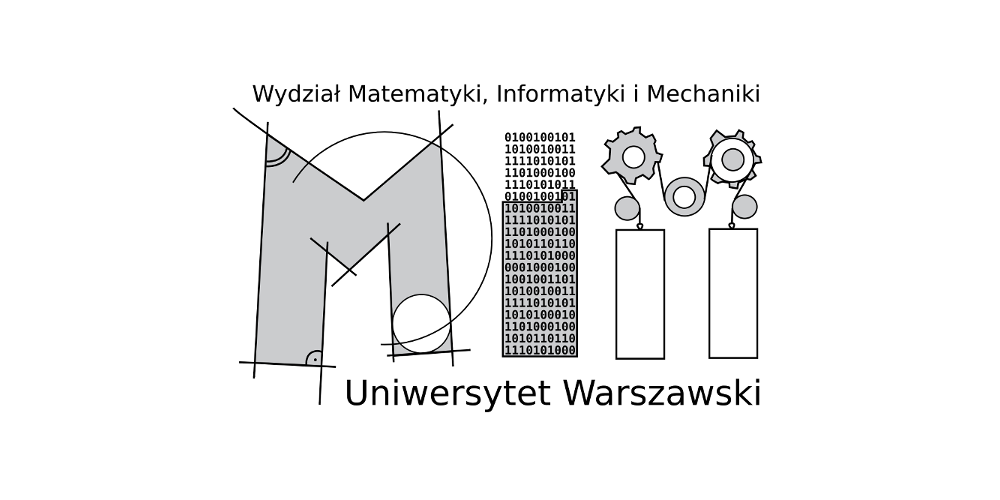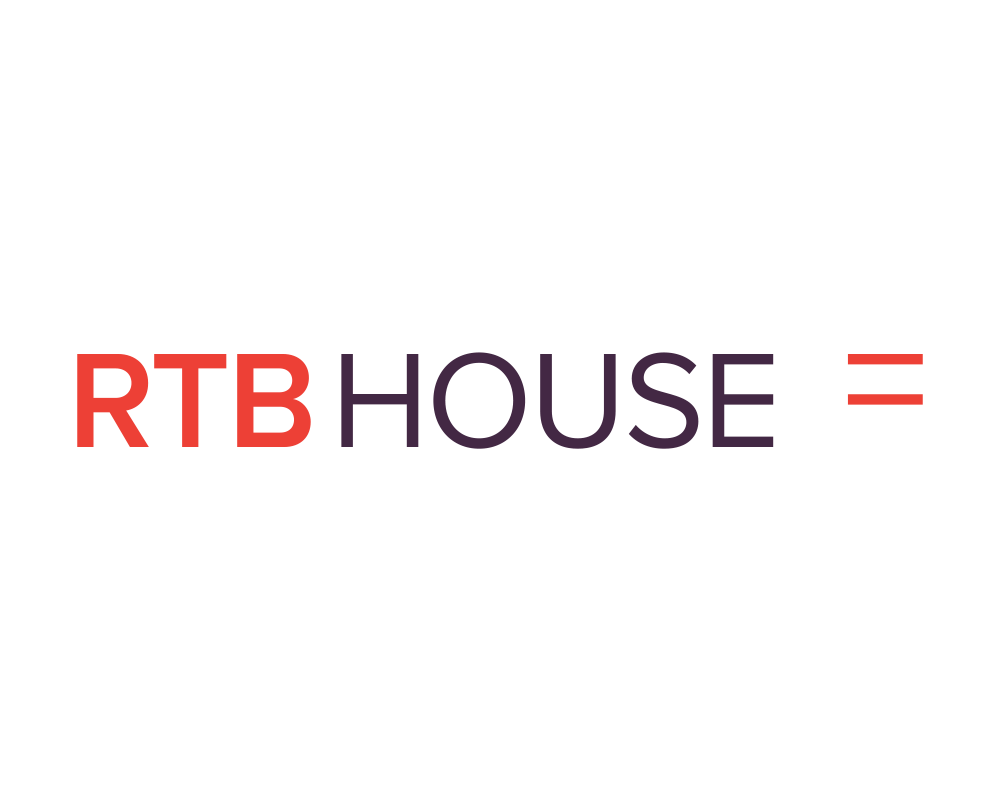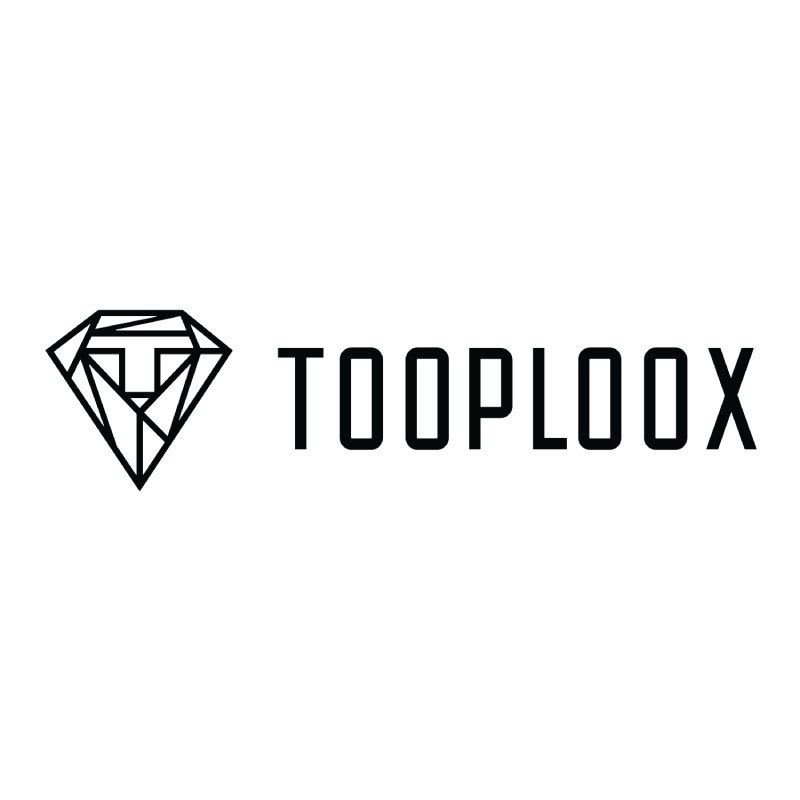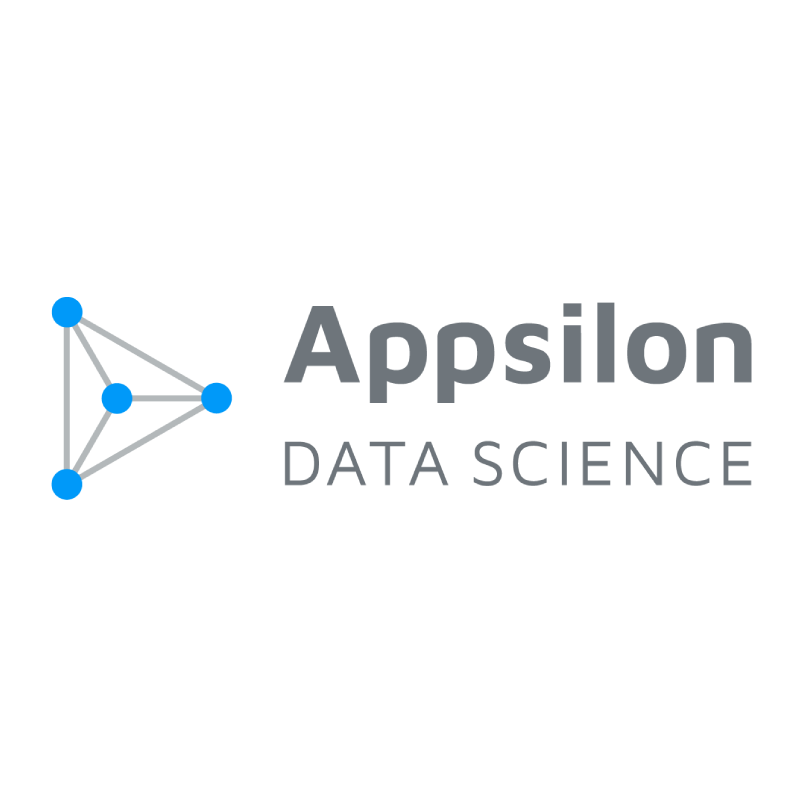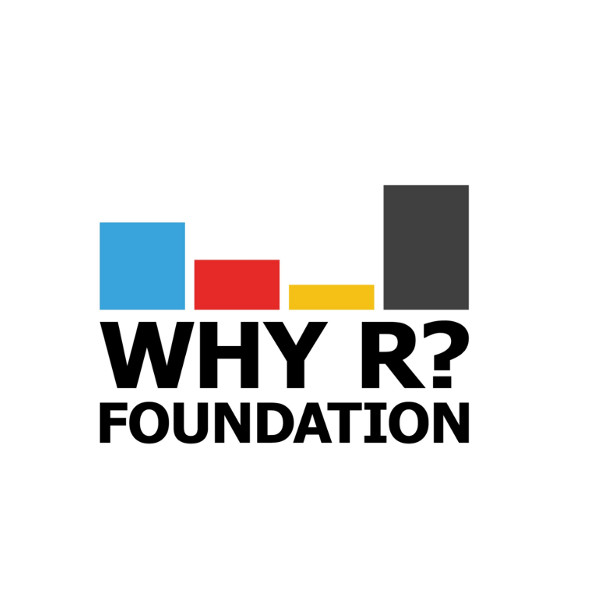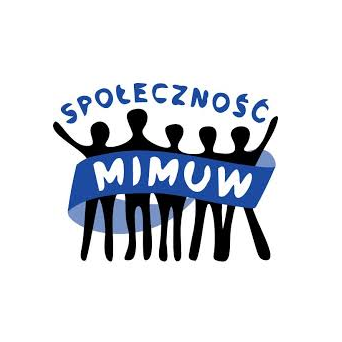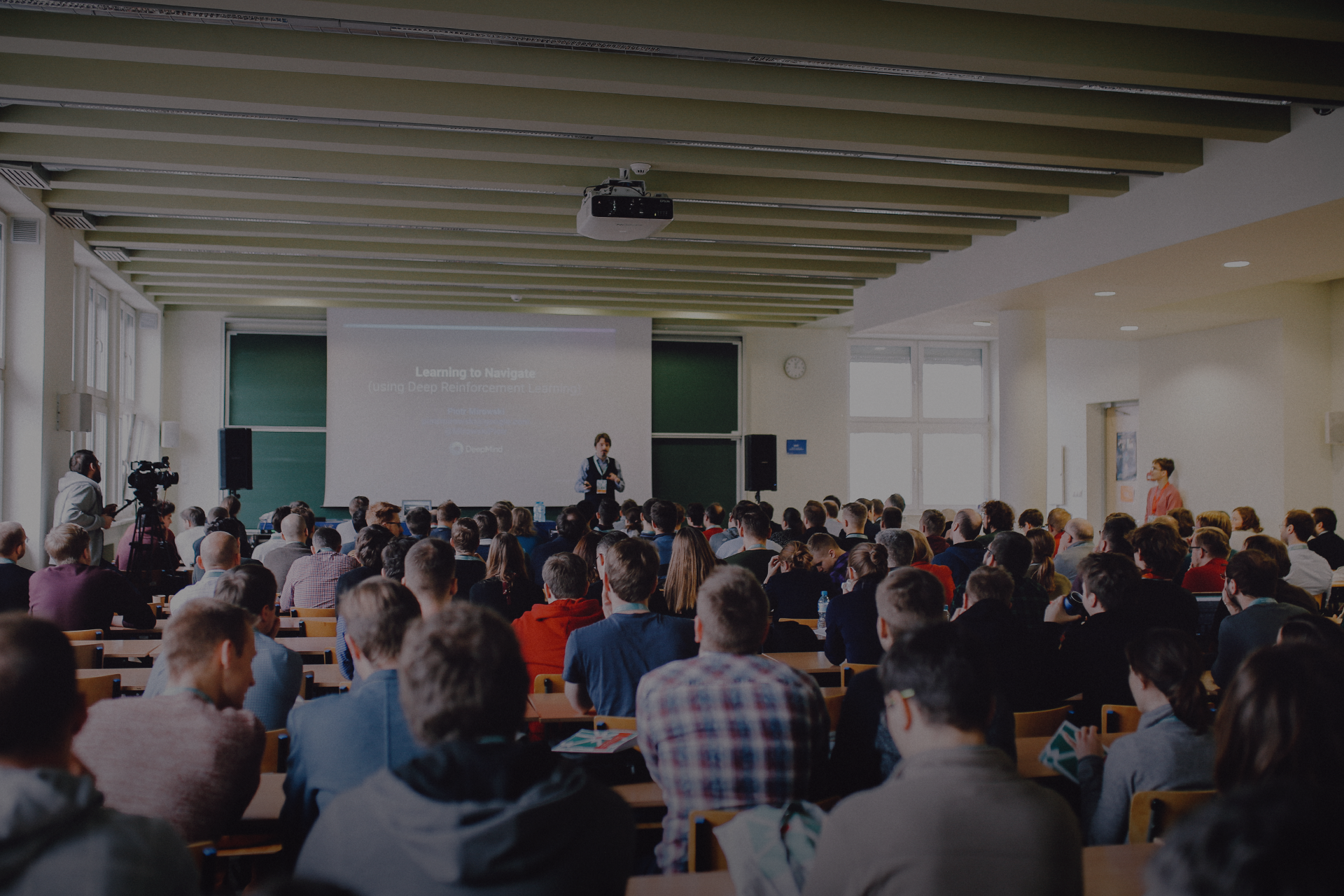
The ML in PL Conference is an event focused on the best of Machine Learning both in academia and in business. This year we will gather to listen to the invited speakers from top research facilities, discuss bright ideas presented on the poster sessions and in the contributed talks, as well as focus on the practical aspects of ML during the workshops day.
To find out more about the previous edition, we invite you to read the summary of the last year's event.
Brilliant talks performed by world-class experts
Learn from the best specialists in the world
Unique atmosphere
Friendly climate that can't be found anywhere else
All attendants can speak!
Get a free entry and share your work during Call for Contributions
Meet the community!
Get in touch with other machine learning enthusiasts
Josef Sivic is a senior researcher (Directeur de recherche) at Inria, Distinguished researcher at Czech Institute of Informatics, Robotics and Cybernetics, Czech Technical University in Prague. Recipient of an ERC Starting Grant (2013), Sullivan Phd Thesis Prize (2007), and the CVPR (2017) and two ICCV (2017) test-of-time awards. Fellow in the Learning in Machines and Brains program of the Canadian Institute for Advanced Research.
Josef Sivic is a senior researcher (Directeur de recherche) at Inria, Distinguished researcher at Czech Institute of Informatics, Robotics and Cybernetics, Czech Technical University in Prague. Recipient of an ERC Starting Grant (2013), Sullivan Phd Thesis Prize (2007), and the CVPR (2017) and two ICCV (2017) test-of-time awards. Fellow in the Learning in Machines and Brains program of the Canadian Institute for Advanced Research.
Razvan Pascanu is a Research Scientist at Google DeepMind, London. He obtained a Ph.D. from the University of Montreal under the supervision of Yoshua Bengio. While in Montreal he was a core developer of Theano. Razvan is also one of the organizers of the Eastern European Summer School. He has a wide range of interests around deep learning including optimization, RNNs, meta-learning and graph neural networks.
Razvan Pascanu is a Research Scientist at Google DeepMind, London. He obtained a Ph.D. from the University of Montreal under the supervision of Yoshua Bengio. While in Montreal he was a core developer of Theano. Razvan is also one of the organizers of the Eastern European Summer School. He has a wide range of interests around deep learning including optimization, RNNs, meta-learning and graph neural networks.
Jakub Tomczak is an assistant professor of Artificial Intelligence in the Computational Intelligence group at the Vrije Universiteit Amsterdam and a deep learning researcher in Qualcomm AI Research in Amsterdam. From October 2016 to September 2018 he was a Marie Sklodowska-Curie Individual Fellow in Prof. Max Welling’s group at the University of Amsterdam. He obtained his Ph.D. in machine learning from the Wroclaw University of Technology. His research interests include probabilistic modeling, deep learning, approximate Bayesian modeling, and deep generative modeling (with special focus on Variational Auto-Encoders and Flow-based model).
Jakub Tomczak is an assistant professor of Artificial Intelligence in the Computational Intelligence group at the Vrije Universiteit Amsterdam and a deep learning researcher in Qualcomm AI Research in Amsterdam. From October 2016 to September 2018 he was a Marie Sklodowska-Curie Individual Fellow in Prof. Max Welling’s group at the University of Amsterdam. He obtained his Ph.D. in machine learning from the Wroclaw University of Technology. His research interests include probabilistic modeling, deep learning, approximate Bayesian modeling, and deep generative modeling (with special focus on Variational Auto-Encoders and Flow-based model).
Agnieszka Grabska-Barwińska is a Research Scientist at Google DeepMind, London, where she combines her knowledge in the fields of neuroscience and machine learning. Previously she was a post-doc at the UCL Gatsby Computational Neuroscience Unit and at the Ruhr-Universität Bochum. She obtained her Ph.D. from the International Graduate School of Neuroscience.
Agnieszka Grabska-Barwińska is a Research Scientist at Google DeepMind, London, where she combines her knowledge in the fields of neuroscience and machine learning. Previously she was a post-doc at the UCL Gatsby Computational Neuroscience Unit and at the Ruhr-Universität Bochum. She obtained her Ph.D. from the International Graduate School of Neuroscience.
Łukasz Bolikowski, is a Lead Data Scientist at BCG Gamma, where he builds advanced mathematical models working on big data sets for the largest global clients. Lukasz is also a scientific advisor and technical code reviewer for Gamma cases. Before joining BCG, founder and leader of Applied Data Analysis Lab at Interdisciplinary Centre for Mathematical and Computational Modelling at University of Warsaw. PhD in Computer Science from Systems Research Institute, Polish Academy of Sciences, MSc in Computer Science from MIM, University of Warsaw. Independent expert of the OECD and European Commission.
Łukasz Bolikowski, is a Lead Data Scientist at BCG Gamma, where he builds advanced mathematical models working on big data sets for the largest global clients. Lukasz is also a scientific advisor and technical code reviewer for Gamma cases. Before joining BCG, founder and leader of Applied Data Analysis Lab at Interdisciplinary Centre for Mathematical and Computational Modelling at University of Warsaw. PhD in Computer Science from Systems Research Institute, Polish Academy of Sciences, MSc in Computer Science from MIM, University of Warsaw. Independent expert of the OECD and European Commission.
Martin Jankowiak is a Research Scientist at Uber AI Labs. Before joining Uber he worked as a Research Scientist at the NYU Center for Urban Science and Progress. Before switching to machine learning he obtained a Ph.D. in theoretical particle physics from Stanford University. His research interests span probabilistic machine learning, including gaussian processes, probabilistic programming, and variational inference.
Martin Jankowiak is a Research Scientist at Uber AI Labs. Before joining Uber he worked as a Research Scientist at the NYU Center for Urban Science and Progress. Before switching to machine learning he obtained a Ph.D. in theoretical particle physics from Stanford University. His research interests span probabilistic machine learning, including gaussian processes, probabilistic programming, and variational inference.
Gül Varol is a postdoctoral researcher in computer vision at the University of Oxford, working with Andrew Zisserman. She obtained a PhD from the WILLOW team of INRIA Paris and Ecole Normale Supérieure (ENS) under the supervision of Ivan Laptev and Cordelia Schmid. Before that, she received her BS and MS degrees from Bogazici University. Her research is focused on human understanding in videos, with a particular emphasis on action recognition and body shape analysis.
Gül Varol is a postdoctoral researcher in computer vision at the University of Oxford, working with Andrew Zisserman. She obtained a PhD from the WILLOW team of INRIA Paris and Ecole Normale Supérieure (ENS) under the supervision of Ivan Laptev and Cordelia Schmid. Before that, she received her BS and MS degrees from Bogazici University. Her research is focused on human understanding in videos, with a particular emphasis on action recognition and body shape analysis.
Filip Wolski is a Research Scientist at OpenAI, where he is working on reinforcement learning systems such as the OpenAI Five for DOTA 2. Before he got involved in machine learning, he was an accomplished competitive programmer having won both International Collegiate Programming Contest and the International Olympiad in Informatics, and has worked for top American companies involved in high-frequency trading.
Filip Wolski is a Research Scientist at OpenAI, where he is working on reinforcement learning systems such as the OpenAI Five for DOTA 2. Before he got involved in machine learning, he was an accomplished competitive programmer having won both International Collegiate Programming Contest and the International Olympiad in Informatics, and has worked for top American companies involved in high-frequency trading.
Anton Osokin is a Leading Research Fellow at the Samsung-HSE Laboratory, Moscow, Russia, where he works with the Bayesian Methods Research Group. After obtaining his Ph.D. at Lomonosov Moscow State University, he was a post-doc at the SIERRA lab and then at the WILLOW lab at INRIA/ENS in Paris. His research interests focus on machine learning, computer vision, and discrete optimization.
Anton Osokin is a Leading Research Fellow at the Samsung-HSE Laboratory, Moscow, Russia, where he works with the Bayesian Methods Research Group. After obtaining his Ph.D. at Lomonosov Moscow State University, he was a post-doc at the SIERRA lab and then at the WILLOW lab at INRIA/ENS in Paris. His research interests focus on machine learning, computer vision, and discrete optimization.
Marcin Andrychowicz is a researcher at Google Brain in Zurich where he works on Reinforcement Learning. He received his PhD in Computer Science from the University of Warsaw where his research concerned cryptography and cryptocurrencies. Afterward, he worked on meta-learning and memory-augmented neural networks at DeepMind and on Reinforcement Learning for robotics at OpenAI.
Marcin Andrychowicz is a researcher at Google Brain in Zurich where he works on Reinforcement Learning. He received his PhD in Computer Science from the University of Warsaw where his research concerned cryptography and cryptocurrencies. Afterward, he worked on meta-learning and memory-augmented neural networks at DeepMind and on Reinforcement Learning for robotics at OpenAI.
Joao Henriques is a Research Fellow of the Royal Academy of Engineering, working at the Visual Geometry Group (VGG) at the University of Oxford. He created the KCF and SiameseFC visual object trackers, which are widely deployed in robotics and consumer hardware, and won two times the prestigious VOT Challenge, outperforming all competing visual tracking systems worldwide. His research focuses on robotics with deep learning, and meta-learning systems.
Joao Henriques is a Research Fellow of the Royal Academy of Engineering, working at the Visual Geometry Group (VGG) at the University of Oxford. He created the KCF and SiameseFC visual object trackers, which are widely deployed in robotics and consumer hardware, and won two times the prestigious VOT Challenge, outperforming all competing visual tracking systems worldwide. His research focuses on robotics with deep learning, and meta-learning systems.
Wojciech Kotlowski is an assistant professor at Poznan University of Technology, Poland. From 2009 to 2012, he was a post-doctoral researcher in Centrum Wiskunde & Informatica (Amsterdam, Netherlands) in the group of Peter Grünwald. He obtained his Ph.D. degree in Computer Science from Poznan University of Technology in 2009 under supervision of Roman Słowiński. His main research interests are in the theory of machine learning, particularly in the online learning with adversarial data.
Wojciech Kotlowski is an assistant professor at Poznan University of Technology, Poland. From 2009 to 2012, he was a post-doctoral researcher in Centrum Wiskunde & Informatica (Amsterdam, Netherlands) in the group of Peter Grünwald. He obtained his Ph.D. degree in Computer Science from Poznan University of Technology in 2009 under supervision of Roman Słowiński. His main research interests are in the theory of machine learning, particularly in the online learning with adversarial data.
Regular Registration has ended! All tickets to the conference had been sold.
Below you can find a comparison between the two rounds that were available this year:
| Early Bird Registration | Regular Registration |
|---|---|
| Selective registration, based on the application form | First come, first serve manner |
| Delayed notification of acceptance | Immediate results |
| 100 PLN for students, 200 PLN otherwise | 150 PLN for students, 400 PLN otherwise |
| 50 PLN for workshop participation (non-obligatory). | 100 PLN for workshop participation (non-obligatory). |
| Greater chance for a workshop participation | - |
|
15:30
REGISTRATION
REGISTRATION
|
|
16:00
OPENING REMARKS
OPENING REMARKS
|
|
16:15
Visual recognition: from Internet images towards robots that seeJosef Sivic Location: Audytorium Maximum, University of WarsawVisual recognition: from Internet images towards robots that seeJosef Sivic Location: Audytorium Maximum, University of Warsaw
17:30
|
BREAK
BREAK
|
|
17:45
Source AI: a platform that enables deployment of unbiased machine learning at scaleŁukasz Bolikowski Source AI: a platform that enables deployment of unbiased machine learning at scaleŁukasz Bolikowski
18:30
|
BREAK
BREAK
|
|
18:45
Continual learning for deep learning and deep reinforcement learningRazvan Pascanu Continual learning for deep learning and deep reinforcement learningRazvan Pascanu
20:00
|
|
20:30
BCG Cocktail Party (Invite Only)
BCG Cocktail Party (Invite Only)
23:59
|
Thank you all for comming!
Below you can find a list of MLinPL 2019 Workshops:
- Flow-based Generative Models - Michał Stypułkowski (University of Wroclaw, Tooploox), Maciek Zięba, Maciek Zamorski (Wroclaw University of Science and Technology, Tooploox)
- Crash course in Reinforcement Learning - Maciej Wolczyk, Aleksandra Nowak, Damian Leśniak, Igor Sieradzki (Group of Machine Learning Research at the Jagiellonian University),
- Hands-on introduction to Neural Network-based Recommender Systems - Jonasz Pamuła, Krystian Koziatek, Piotr Cerobski (RTB House),
- Machine Learning Methods in Cheminformatics - Tomasz Danel, Łukasz Maziarka (Ardigen, Group of Machine Learning Research at the Jagiellonian University), Krzysztof Rataj (Ardigen), Maciej Szymczak (Group of Machine Learning Research at the Jagiellonian University),
- ConvNets in-depth, layer by layer, in PyTorch - Piotr Migdał, Weronika Ormaniec,
- Bayesian Deep Learning - Marcin Możejko (TCL).
Detailed Workshops Agenda can be found here.
Students' Day is an event fully dedicated to students' AI societies from universities all over Poland. The main goal is to facilitate the sharing of knowledge and connect students from different regions of the country. During this event attendees will be able to listen to lectures presented by student research groups and talk to representatives of leading Machine Learning companies in Europe.
Students' Day is a result of a three-way partnership between Machine Learning Society at MIM UW, Artificial Intelligence Society “Golem” from Warsaw University of Technology, and ML in PL Association.
The event is open for everyone to attend. It's also about sharing your experiences with fellow students – present your project, idea, or a subject you are interested in. As a speaker, you will get a free ticket to the main conference!
Please find the Students' Day Agenda below or click here to view it in higher resolution.
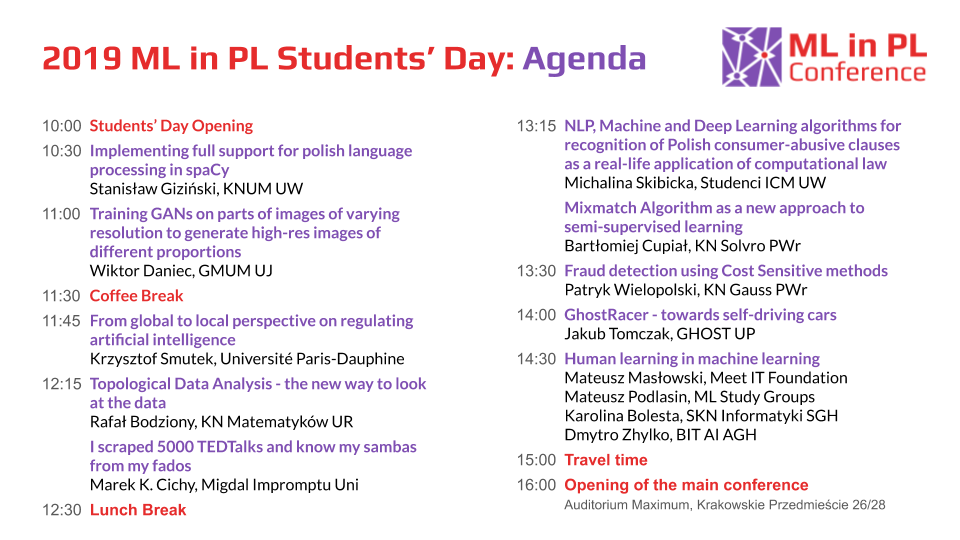
Call for Contributions has closed! You should've already receive information about you application status. Same applies to Scholarship applications.
Accepted talks together with their abstracts are available here. List of accepted posters is available here.
We believe that anyone can make a valuable contribution to the field of machine learning and in our eyes, an important contribution is not necessarily the most novel research. Therefore, we aim to bring together a broad array of researchers, specialists, practitioners, educators, students and others to present their works at ML in PL Conference 2019.
Feel free to contact us at contributions@conference.mlinpl.org in case you have any questions regarding Call for Contributions.
It wouldn't be possible to create such a successful event without support from our great sponsors who present their recent research results and business applications of machine learning during the conference. If you are interested in supporting our initiative, contact our sponsorship team at sponsors@conference.mlinpl.org
Jan Madey
Jan Madey, M.Sc., Ph.D., D.Sc. Full professor of Computer Science at the Faculty of Mathematics, Informatics and Mechanics of the University of Warsaw, a past Vice-Rector at the University.
Read more
Jacek Tabor
Jacek Tabor in his scientific work deals with broadly understood machine learning, in particular with deep generative models. He is also a member of the GMUM group (gmum.net) aimed at popularization and development of machine learning methods in Cracow.
Read more
Krzysztof Geras
Krzysztof is an assistant professor at NYU. His main interests are in unsupervised learning with neural networks, model compression, transfer learning, evaluation of machine learning models and applications of these techniques to medical imaging.
Read more
Krzysztof Choromanski
Krzysztof Choromanski is a research scientist at Google Brain Robotics Team in New York. He works on several topics in robotics and machine learning including: reinforcement learning, evolution strategies, structured random matrices, as well as quasi-Monte Carlo methods.
Read more
Henryk Michalewski
Henryk Michalewski obtained his Ph.D. in Mathematics and Habilitation in Computer Science from the University of Warsaw. Henryk spent a semester in the Fields Institute, was a postdoc at the Ben Gurion University in Beer-Sheva and a visiting professor in the École normale supérieure de Lyon.
Read more
Piotr Miłoś
Piotr Miłoś is an Associate Professor at the Faculty of Mathematics, Mechanics and Computer Science of the University of Warsaw. He received his Ph.D. in probability theory. From 2016 he has developed interest in machine learning. Since then he collaborated with deepsense.ai on various research projects. His focus in on problems in reinforcement learning.
Read more
Marek Cygan
Marek Cygan was doing research on the theory of algorithms for many years. He did his scientific internships at University of Maryland, College Park and University in Lugano. Recently, however, he has switched to machine learning. In 2017, he co-founded a startup NoMagic.AI which focuses on AI for robotics.
Read more
Przemysław Biecek
Przemysław Biecek obtained his Ph.D. in Mathematical Statistics and MSc in Software Engineering at Wroclaw University of Science and Technology. He is currently working as an Associate Professor at the Faculty of Mathematics and Information Science, Warsaw University of Technology, and an Assistant Professor at the Faculty of Mathematics, Informatics and Mechanics, University of Warsaw.
Read more
Krzysztof Dembczyński
Krzysztof Dembczyński is an assistant professor at Poznan University of Technology. He received his Ph.D. and Habilitation degrees in computer science from the same university. As a post-doctoral researcher he spent two years from 2009 to 2011 in the Knowledge Engineering & Bioinformatics Lab at Marburg University.
Read more
Tomasz Trzciński
Tomasz Trzciński is an Assistant Professor in the Division of Computer Graphics in the Institute of Computer Science at Warsaw University of Technology. He obtained his Ph.D. in Computer Vision at École Polytechnique Fédérale de Lausanne. He has (co)-authored several papers and serves as a reviewer in prestigious computer science conferences and journals.
Read more
Jan Chorowski
Jan Chorowski is an Associate Professor at Faculty of Mathematics and Computer Science at University of Wrocław. He received his M.Sc. degree in electrical engineering from Wrocław University of Technology and Ph.D. from University of Louisville.
Read more
Piotr Biliński
Piotr Biliński is an Associate Professor in the Faculty of Mathematics, Informatics, and Mechanics at the University of Warsaw, as well as an Associate Member in the Active Vision Laboratory at the Oxford University.
Read more
About us
We are a group of young people who are determined to bring the best of Machine Learning to Central and Eastern Europe by creating a high-quality event for every ML enthusiast. Although we come from many different academic backgrounds, we are united by the common goal of spreading the knowledge about the discipline.
Aleksander Buła
Michał Królikowski
Magdalena Augustyńska
Karolina Drabent
Michał Filipiuk
Adam Goliński
Aleksandra Petrykiewicz
Łukasz Pszenny
Tomasz Wąs
Marek Wydmuch
Kamil Biduś
Kamil Bladoszewski
Karolina Bolesta
Filip Czerniawski
Mateusz Frankowski
Daniel Klepacki
Krzysztof Kowalczyk
Jakub Łaguna
Kajetan Ostoja-Ciemny
Natalia Piećko
Piotr Styczyński
Agnieszka Sitko
Michał Zmysłowski
Marcin Kosiński
Piotr Kozakowski

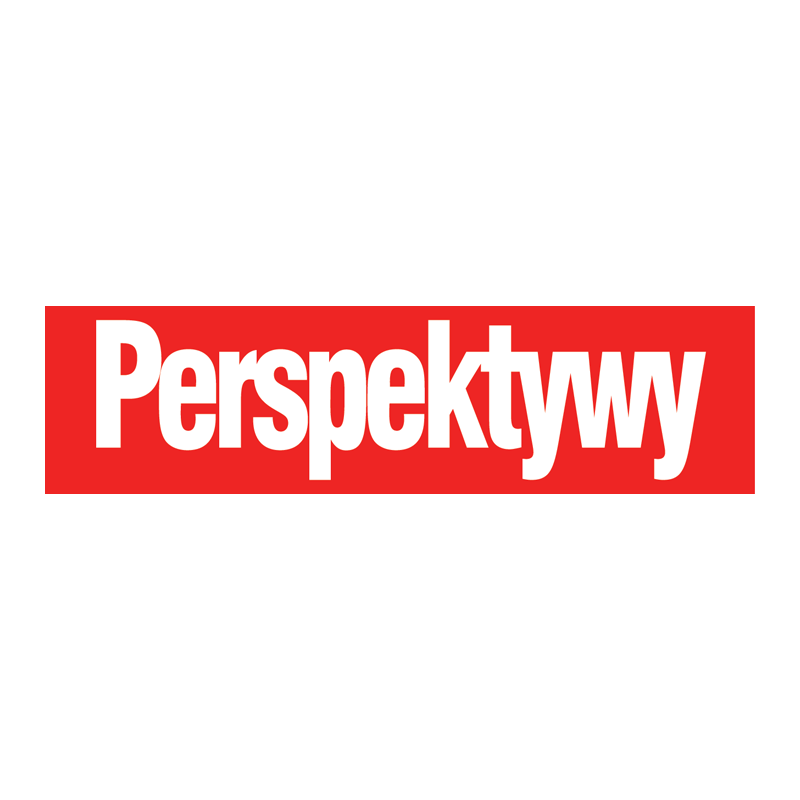
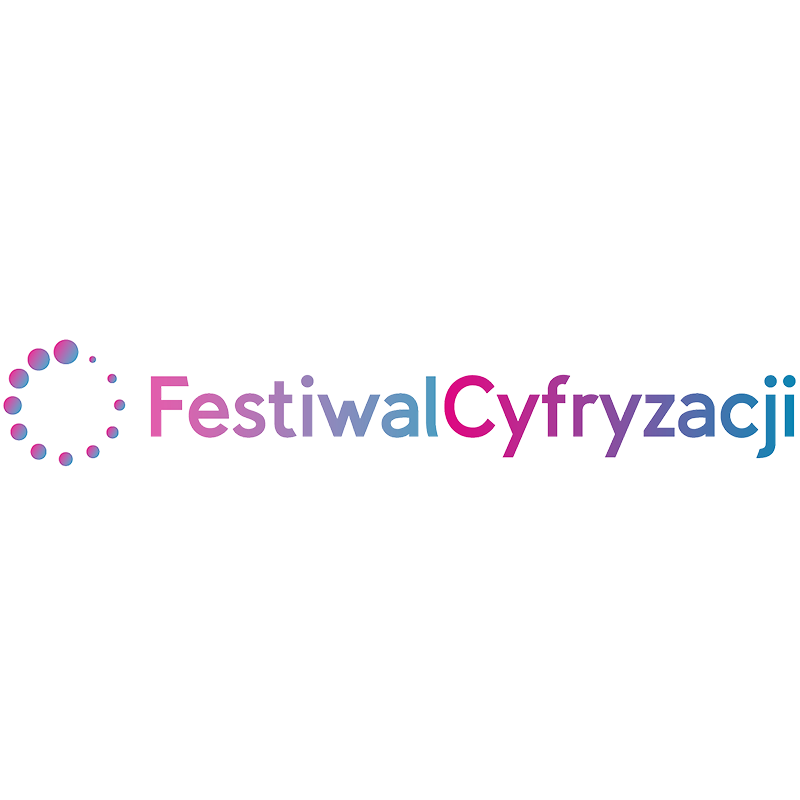


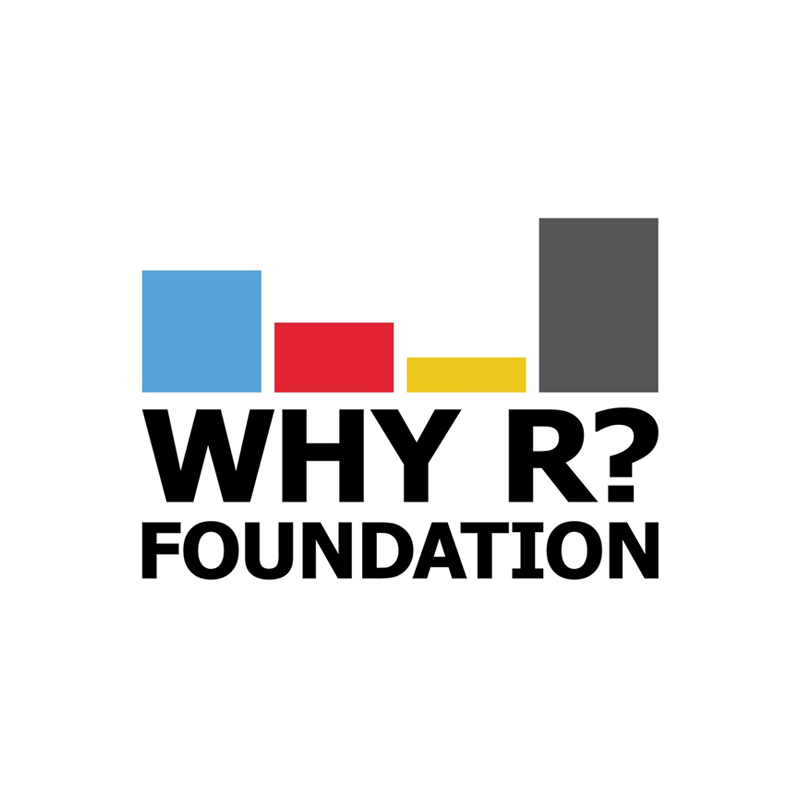
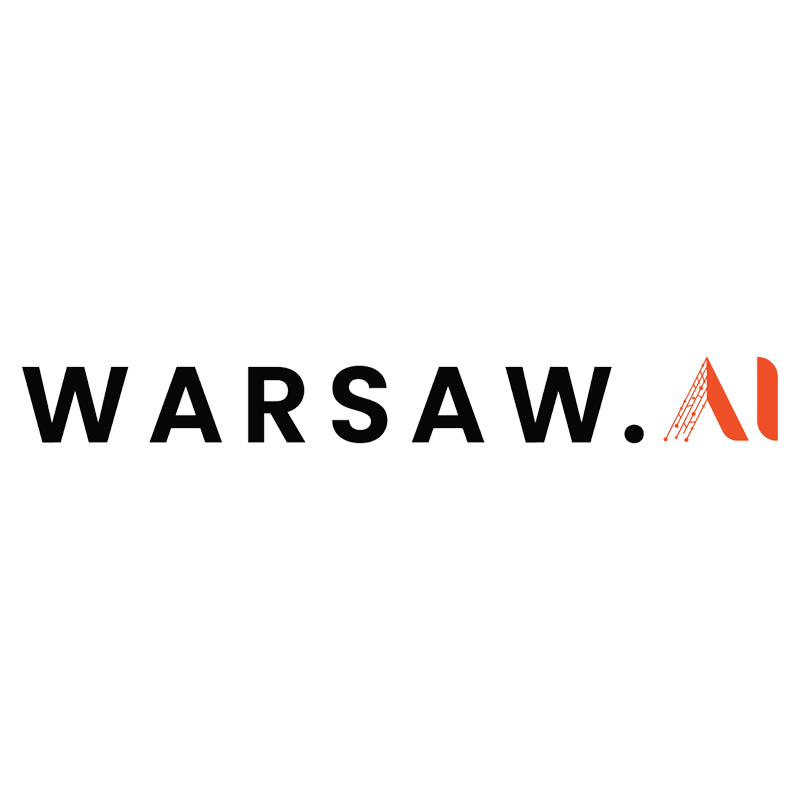






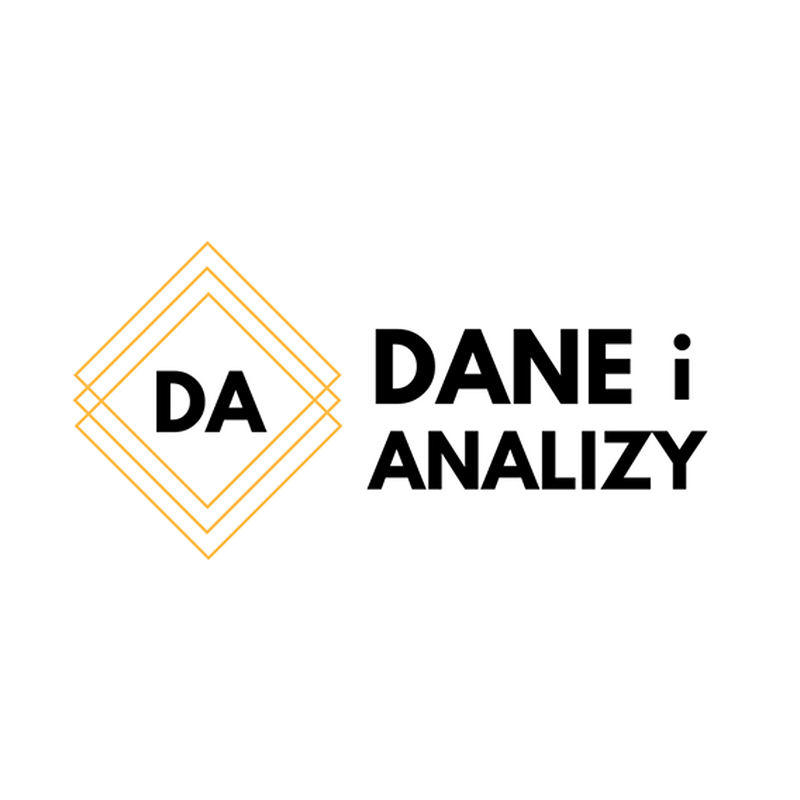






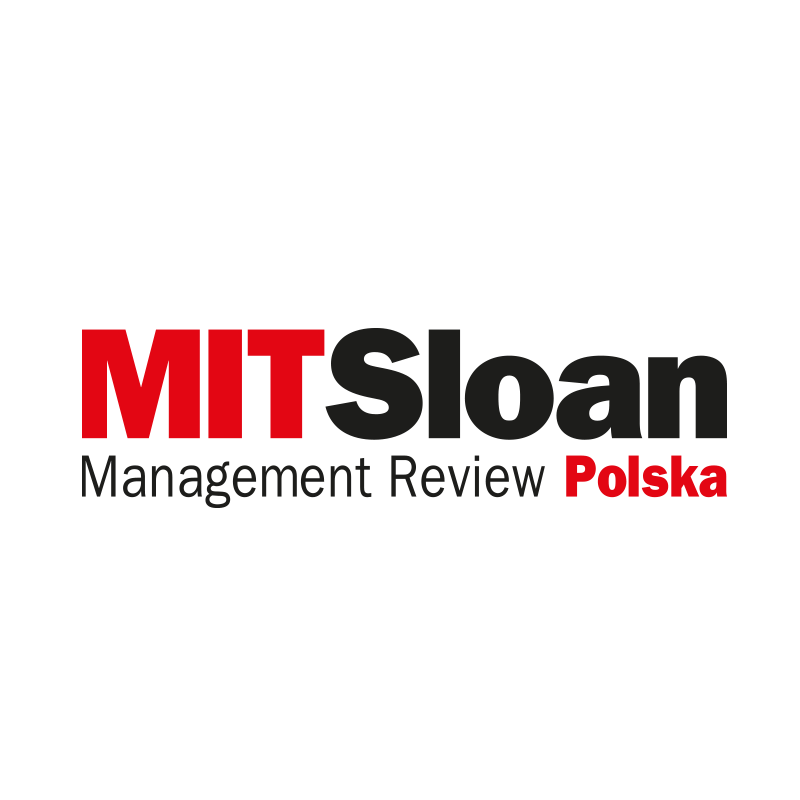

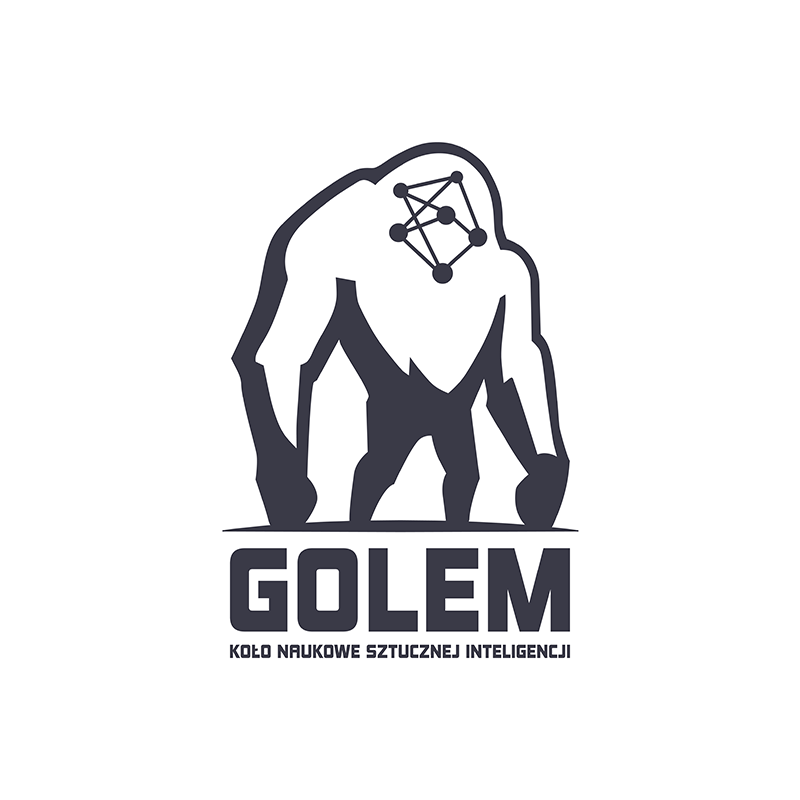


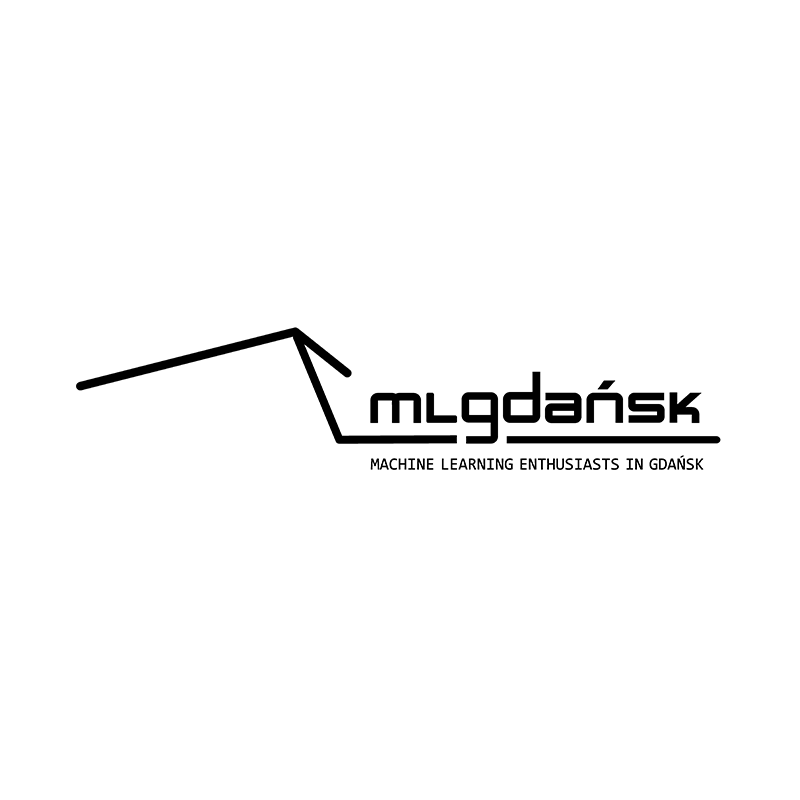
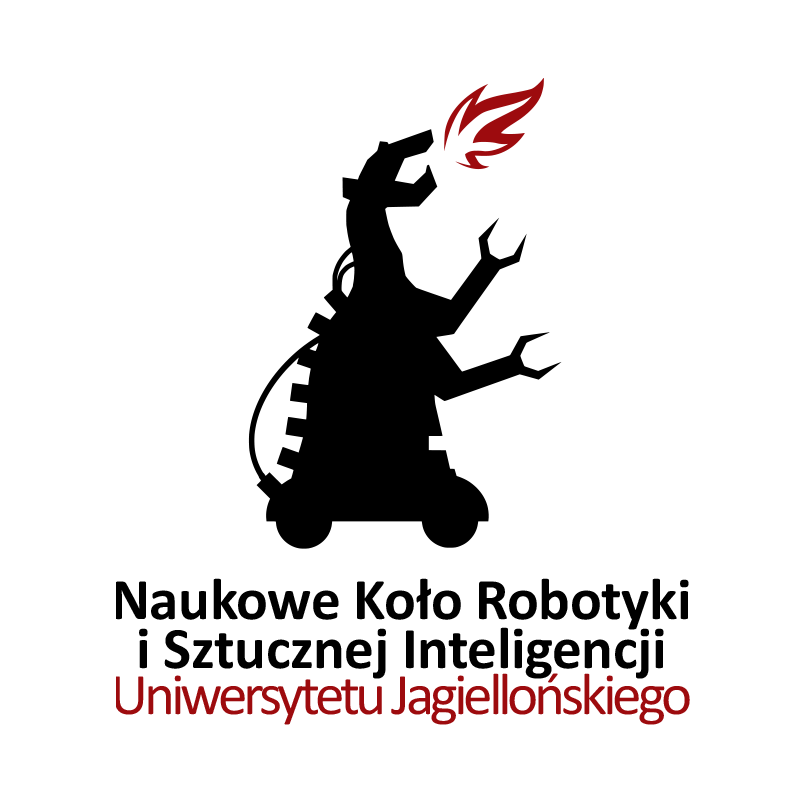



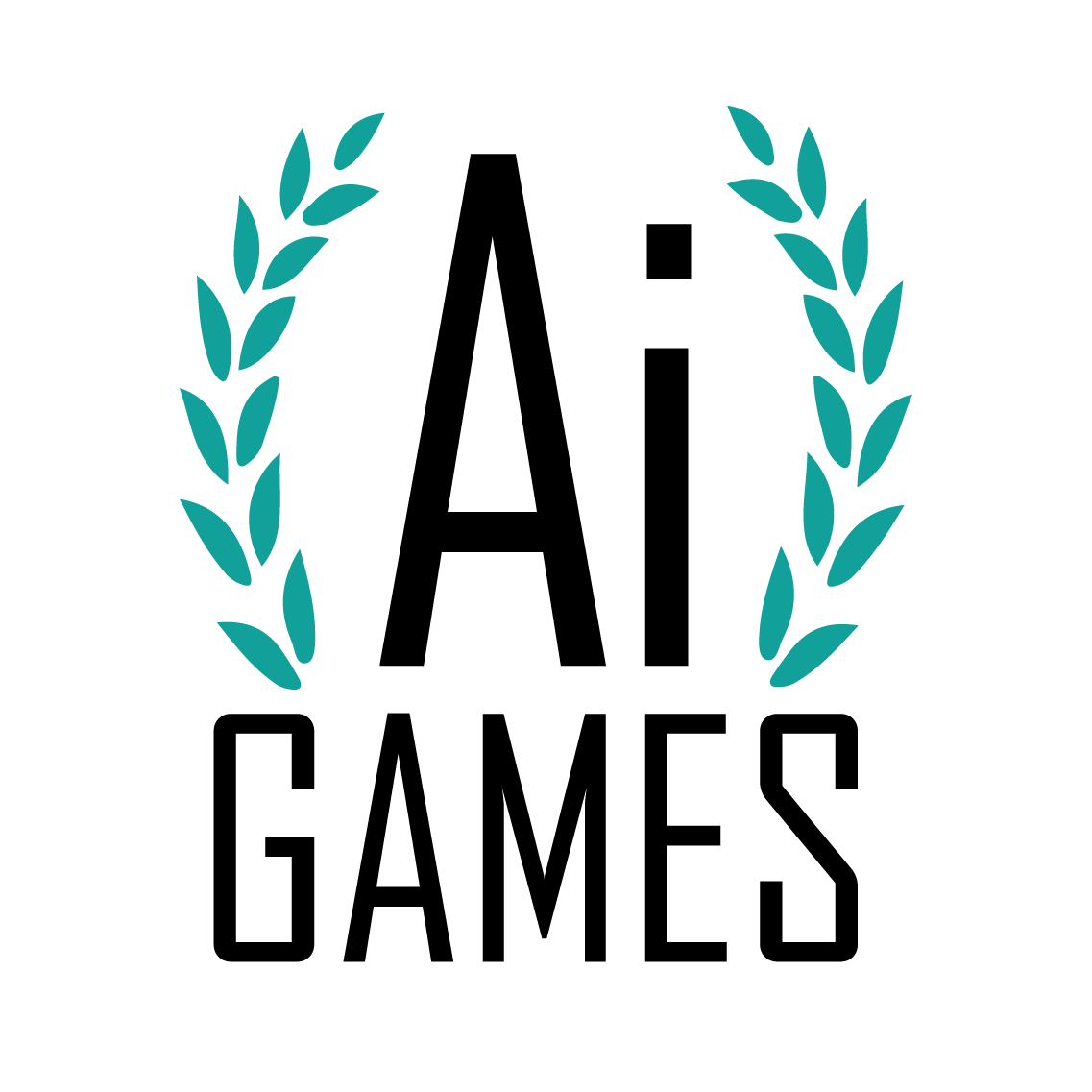
Minister of Science and Higher Education
Ministry of Entrepreneurship and Technology
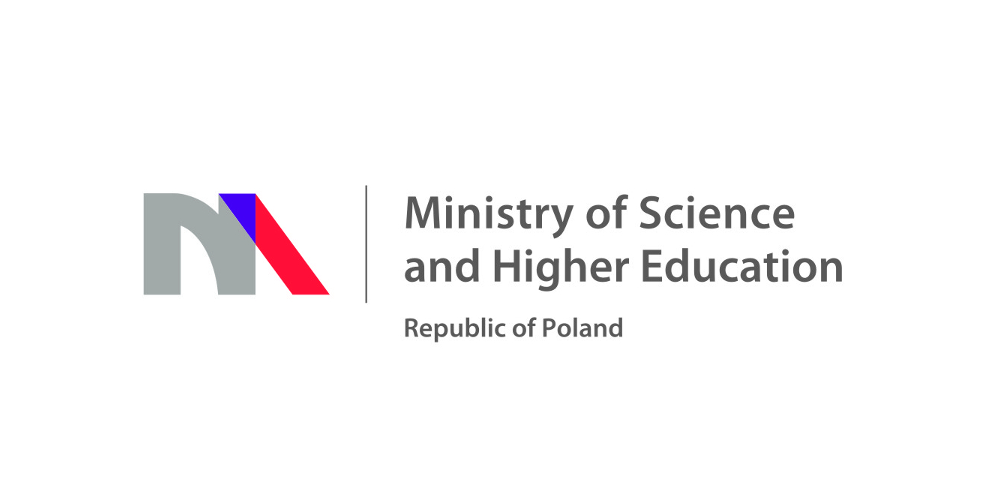
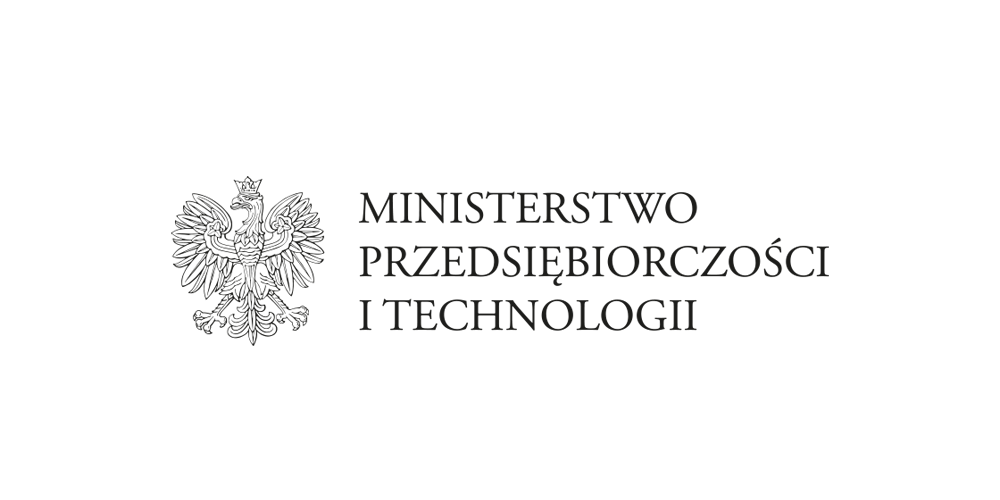
Ministry of Digital Affairs
Polish Chamber of Information Technology and Telecommunications

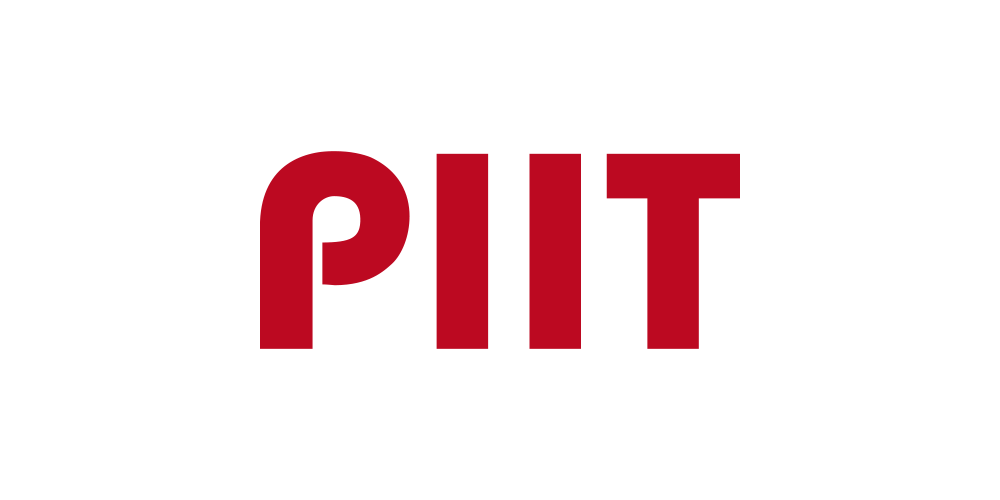
National Information Processing Institue
National Center of Research and Development
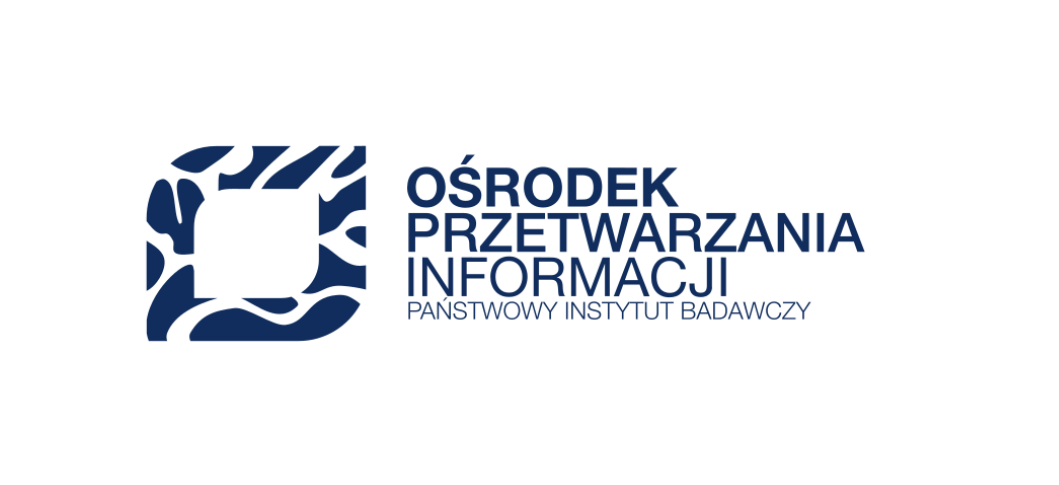
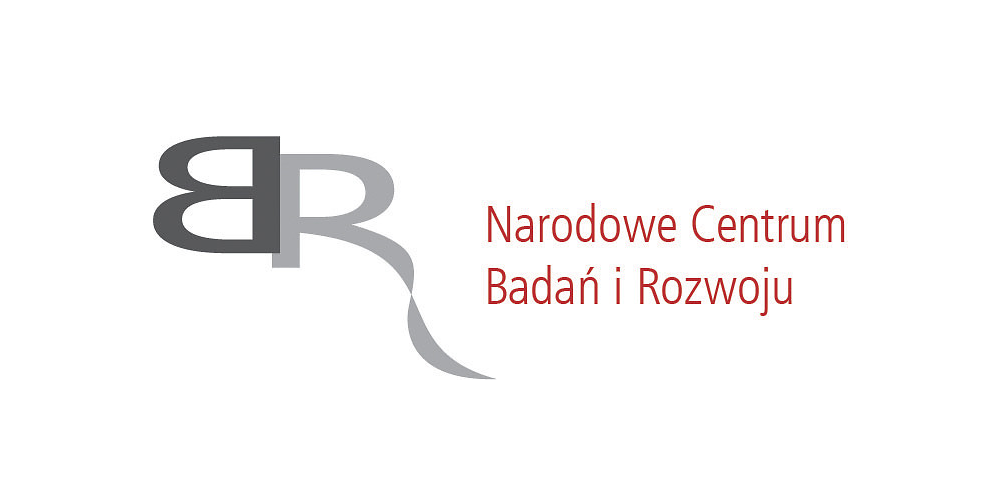
Polish Chamber of Digital Broadcasting
Polish Information Processing Society
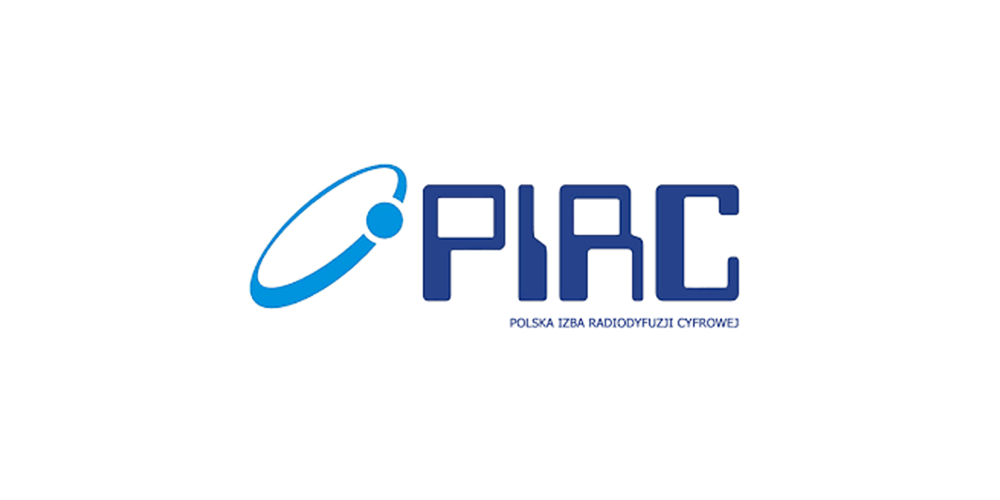
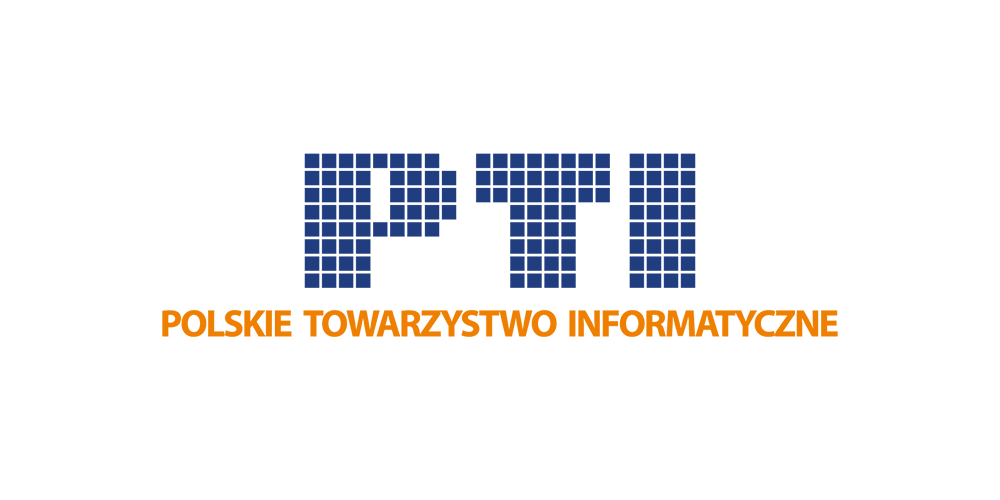
Polish Economic Society
Interdisciplinary Centre for Mathematical and Computational Modelling UW

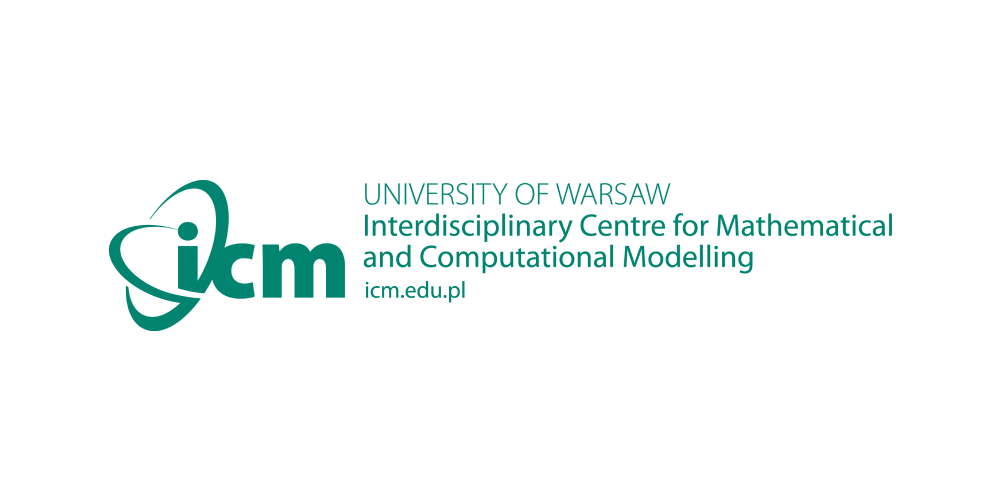
His Magnificence, Rector of the University of Warsaw
Dean of the Faculty of Mathematics, Informatics and Mechanics

